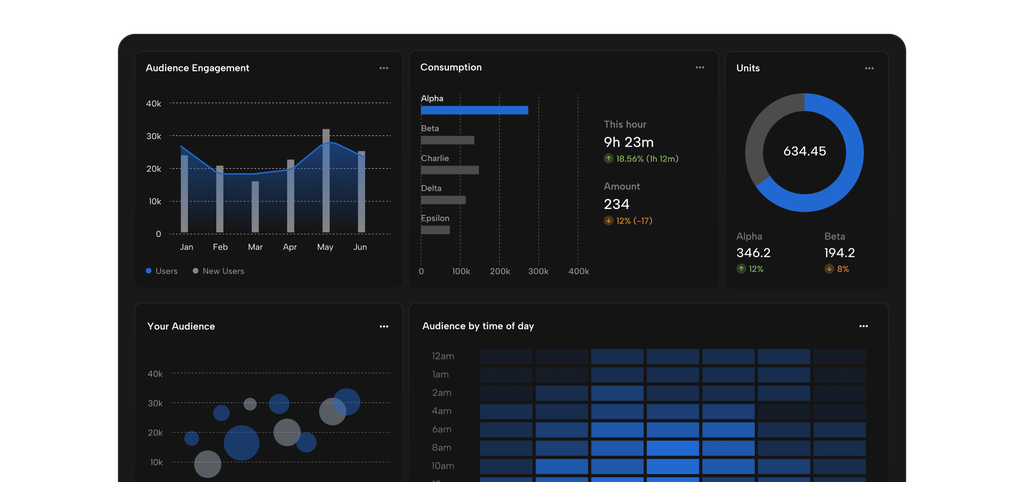
SingleStore vs. Elasticsearch
A faster analytics engine
Analytics engines, like Elasticsearch, are designed to efficiently store, manage and process endless amounts of data — making it available for fast and efficient search and querying. Yet the underlying structure of Elasticsearch, a NoSQL engine, puts limits on how deep you can go into your analytics. Not to mention, it’s not built for the instant, real-time analytics you need to make fast decisions on your data.
Scale
With Elasticsearch, adding more nodes to a cluster results in performance issues. SingleStore adapts to varying workloads — particularly with the ability to scale horizontally.
Multi-model workloads
The pain of using Elasticsearch increases linearly with scale and analytical complexity. A true hybrid OLAP and OLTP database like SingleStore that requires JOINS and aggregations will outperform it every time.
Simplicity
The “ELK” or “Elastic” stack includes Elasticsearch, Logstash, Kibana and Beats — often used in tandem with a large data warehouse solution. SingleStore eliminates the need for an overly complex architecture, allowing you to run your most complex workloads (including SQL, JSON and vector).
Cost
Elasticsearch’s slow analytics, poor concurrency and tech stack complexity run costs up. SingleStore eliminates the need for the extra pieces — delivering up to 50% reduction in TCO for organizations.

1.8 seconds for complex queries
Replacing Elasticsearch for simpler analytics and less complex data flattening, better price performance and faster query speeds.

70% savings on data pipeline costs
Moving entire data pipeline — including Elasticsearch — that cost more than $1 million to SingleStore, reducing costs while also seamlessly handling 100 billion events per day.

200x increase in performance
Switching from MySQL + Elasticsearch to SingleStore for faster dashboards, petabyte-scale data management and high concurrency handling thousands of users.
Explore more resources















.svg)






.svg)

















